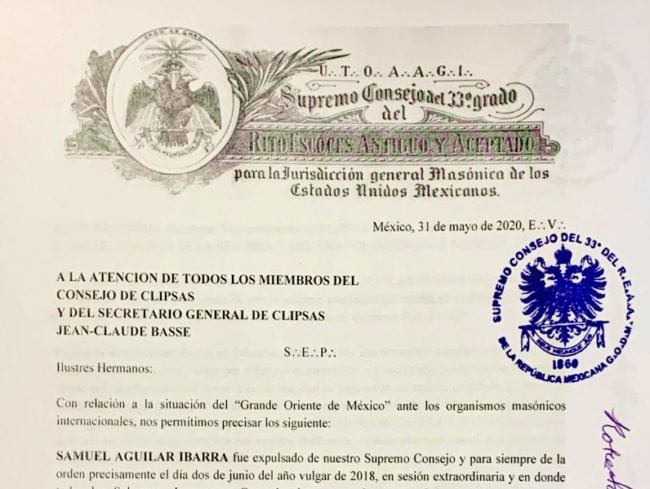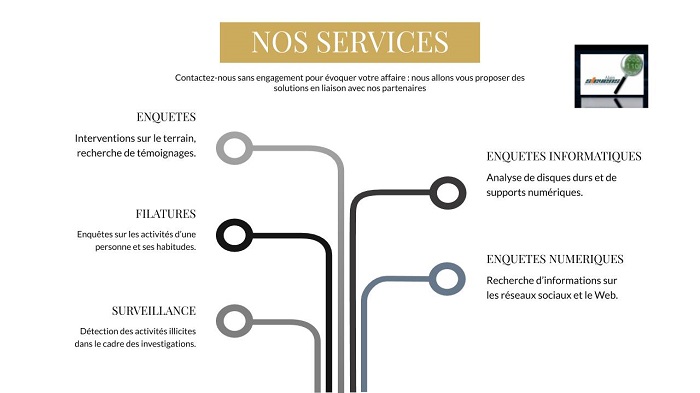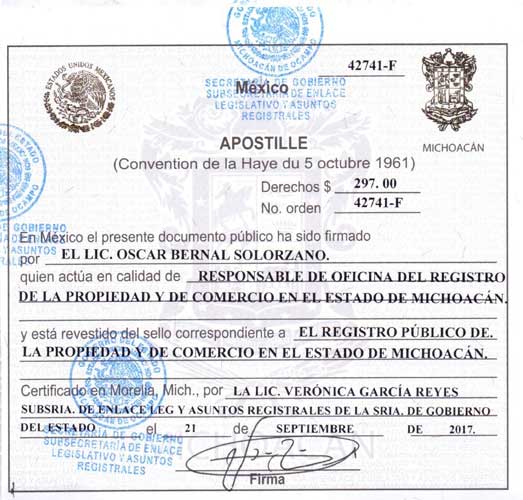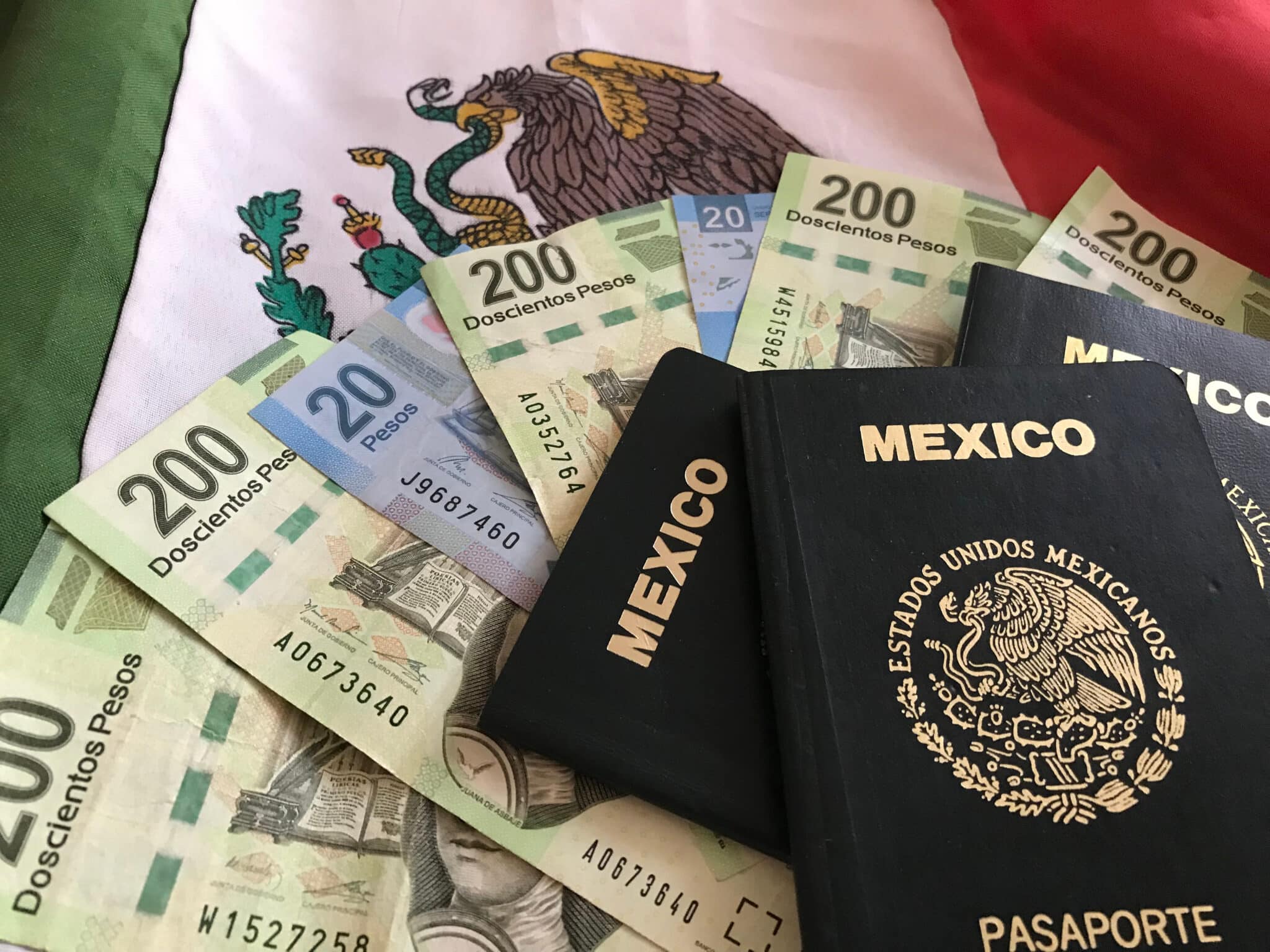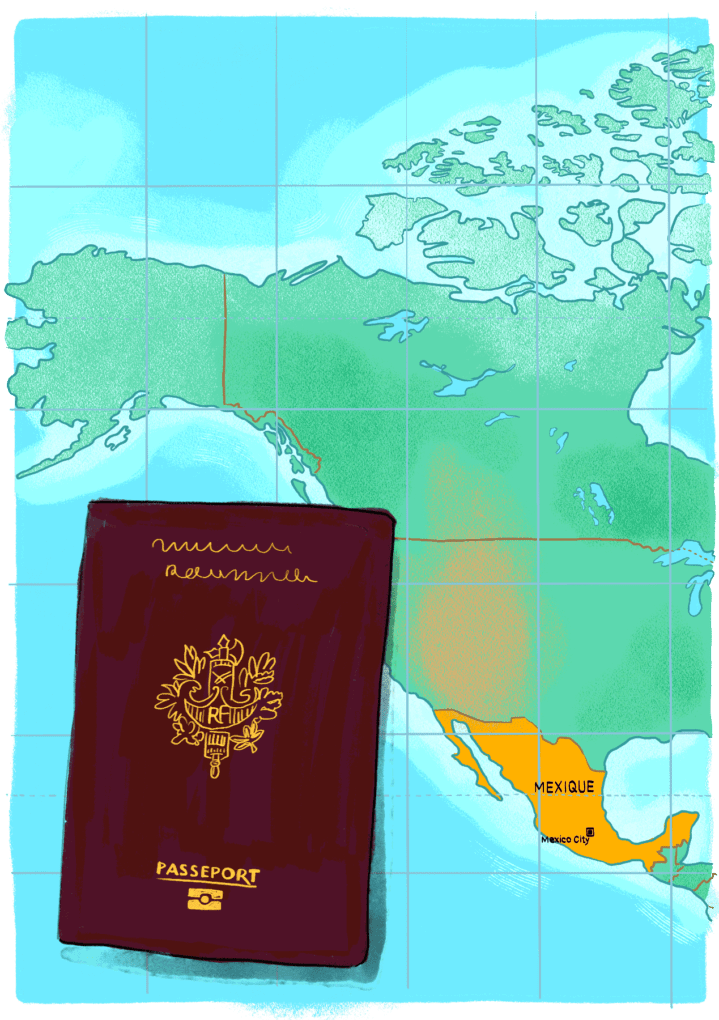
Modifications aux exigences d'autorisation de voyage électronique (AVE) et de visa de visiteur pour les citoyens mexicains - Canada.ca

Les villes nord-américaines / L'impact des politiques de l'administration Trump sur les villes-frontières : regards croisés entre la frontière Mexique/États-Unis et la frontière Canada/États-Unis : Urbanités

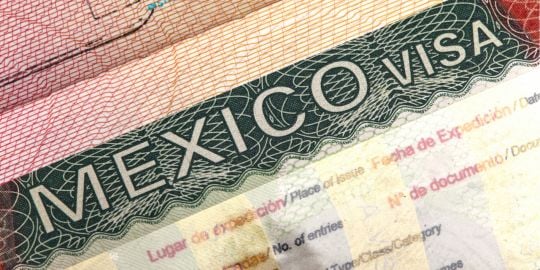

![Retour d'expérience ?] Demande de casier judiciaire de la GRC depuis la France Retour d'expérience ?] Demande de casier judiciaire de la GRC depuis la France](https://pvtistes.net/forum/attachments/obtenir-les-certificats-de-police-des-pays-dans-lesquels-vous-avez-vecu-requis-par-le-canada-621/33280d1552329287-retour-d-experience-demande-de-casier-judiciaire-de-la-grc-depuis-la-france-capture.png)


